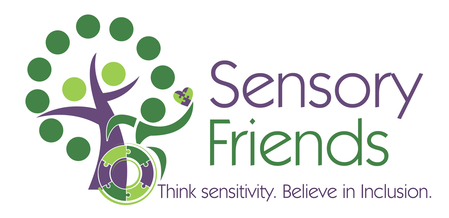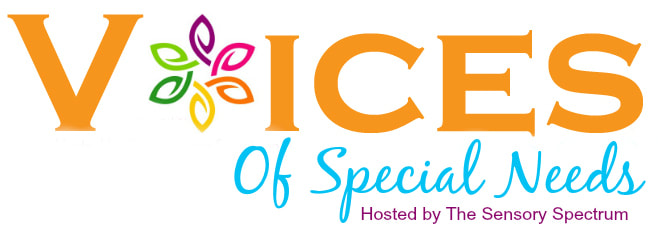How do we teach students about disability and sensitivity awareness?
Learning about Physical Disabilities
Learning about Cognitive Disabilities
Learning about Hearing Impaired Disabilities
Learning about Visually Impaired Disabilities
The Greatest Message and Takeaway of All
© 2018 Sensory Friends




 RSS Feed
RSS Feed